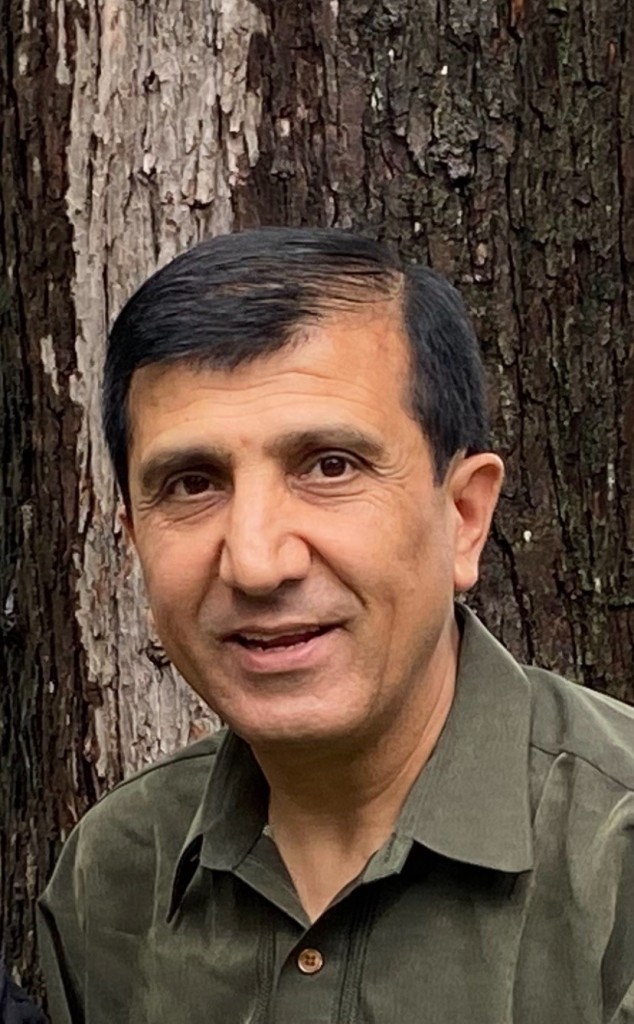Dr. Charles Cunningham was appointed deputy division director of MCB in February 2024.
Dr. Cunningham joined MCB in 2015 as a rotating program director with the Cellular Dynamics and Function (CDF) cluster. He became a permanent program director in 2017 and served as the CDF cluster leader for 4 years. In 2021, he detailed as acting science advisor to the Directorate for Biological Sciences (BIO) and from 2022 – 2023 was acting deputy division director in the Division of Integrative Organismal Systems (IOS) and MCB. While at NSF, Dr. Cunningham has led several activities including the Synthetic Cell Ideas Lab associated with Understanding the Rules of Life and the Integrative Research in Biology program (now a track in BIO core programs), as well as providing oversight for the Science and Technology Center – Center for Cellular Construction at UC San Francisco.
Prior to joining NSF, Dr. Cunningham was Associate Professor in the Department of Biology at the University of New Mexico (UNM). He has also held positions at the Medical University of South Carolina, where he was the inaugural Senator Fritz Hollings Visiting Research Scholar;, the Michael Sars Center, Bergen, Norway as research group leader; and faculty member at the University of Aberdeen. He received his Bachelor of Science in Cell Biology from the University of Glasgow and Doctor of Philosophy in Immunology from the University of Aberdeen, Scotland.
While in academia, Dr. Cunningham’s research focused initially on the comparative biology of the immune systems of marine animals. On joining UNM, he changed his field to the study of the human parasite Schistosoma mansoni and the mechanism of action of the anti-schistosomal drug praziquantel. From 2015 -2018, Dr. Cunningham served as the President of the International Society of Developmental and Comparative Immunology.
As MCB deputy division director, Dr. Cunningham hopes to encourage the science community to continue to send their best science to MCB and BIO and to help develop new initiatives for cross-disciplinary and integrative approaches to fundamental research.
Theresa Good, MCB’s division director says of Dr. Cunningham, “I’m thrilled to have Charlie join the MCB leadership team. His scientific vision and logical approach to management and operations will strengthen MCB. Having him as a permanent deputy division director also brings welcome stability to the division. At this time, I’d like to take the opportunity to thank Karen Cone and Bianca Garner, who both ably served in leadership positions in MCB in the past 18 months.”


